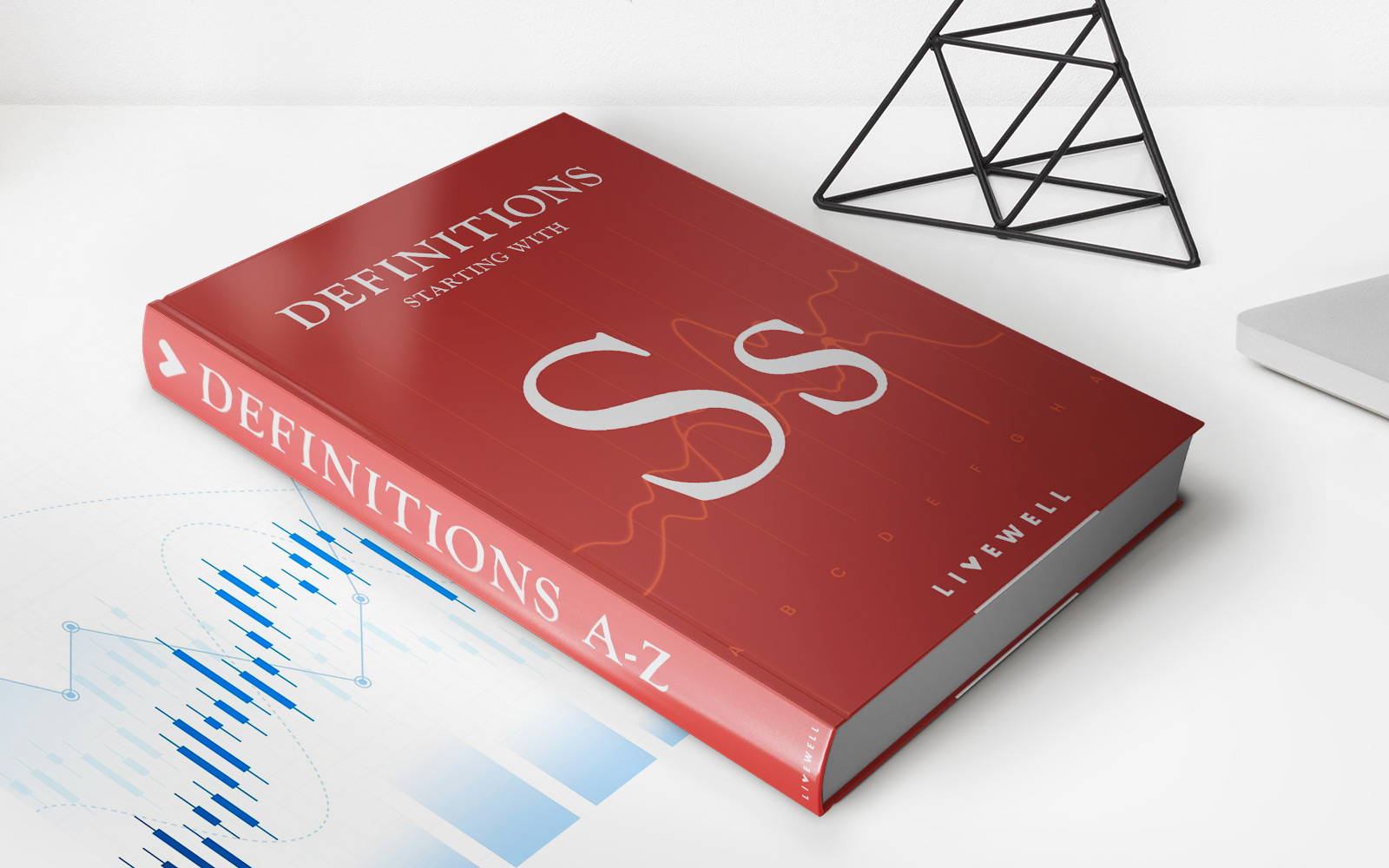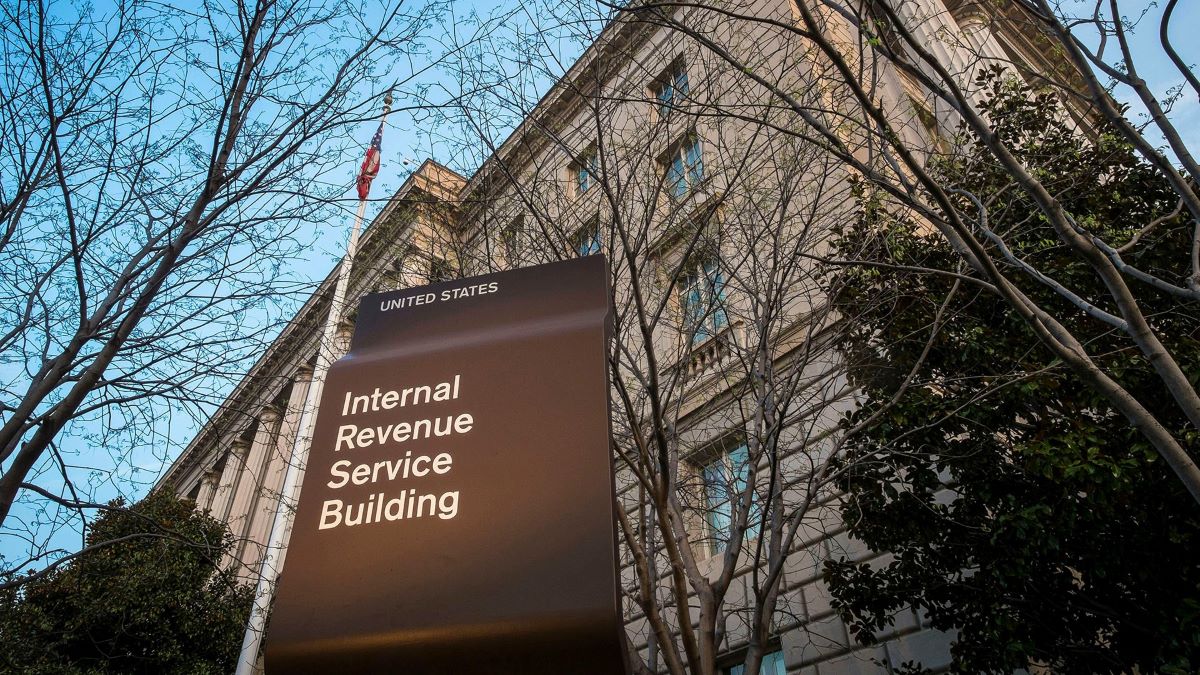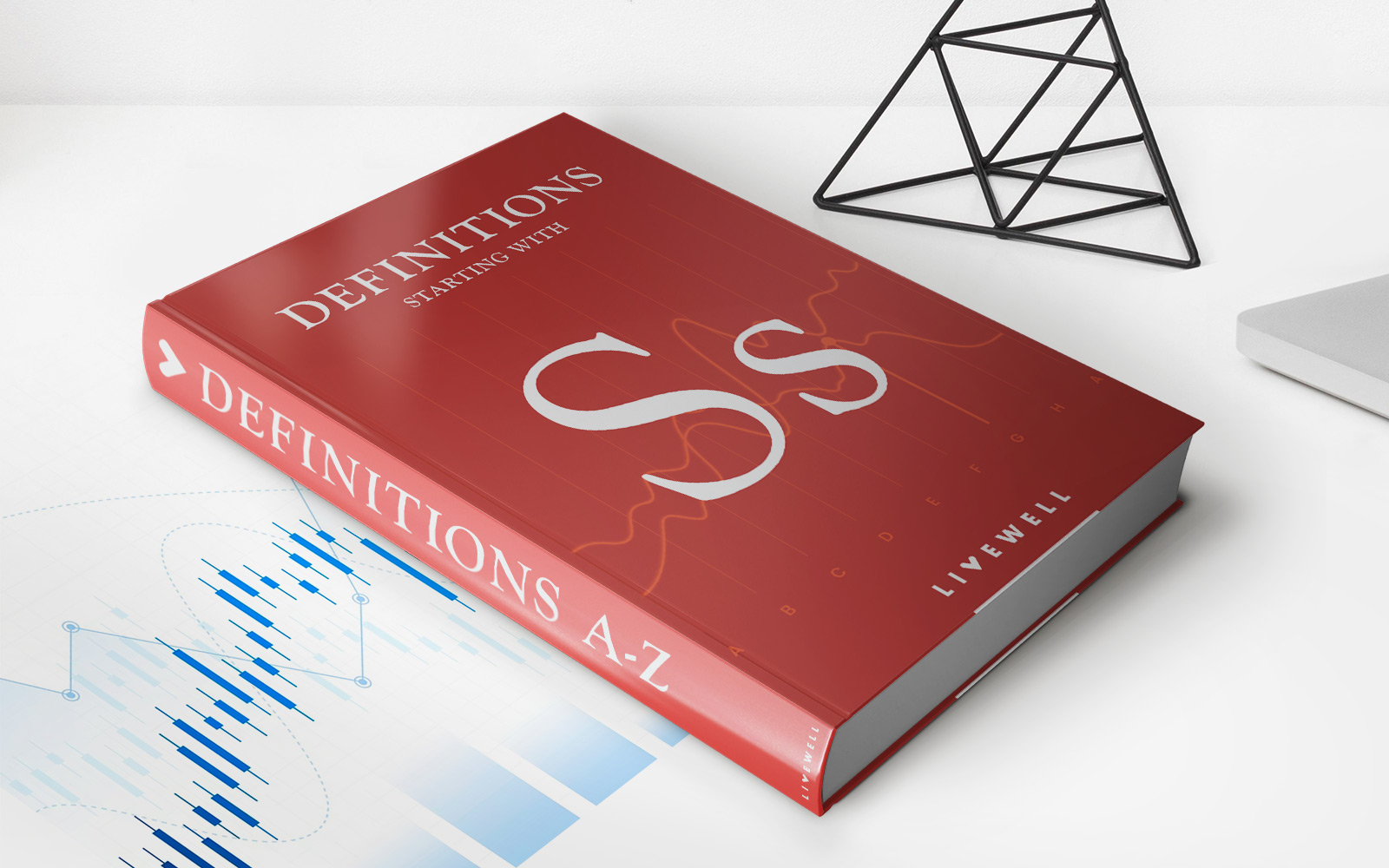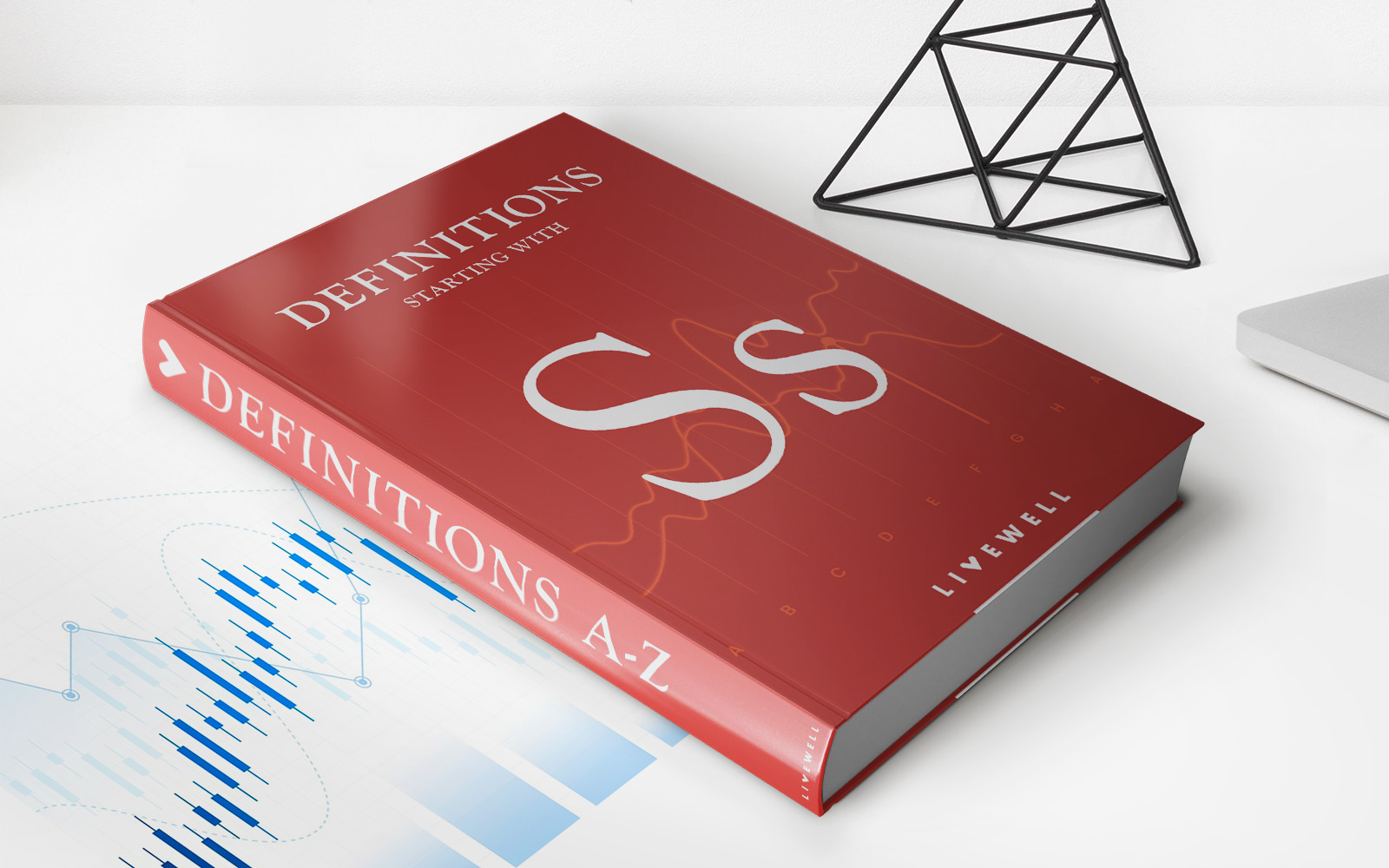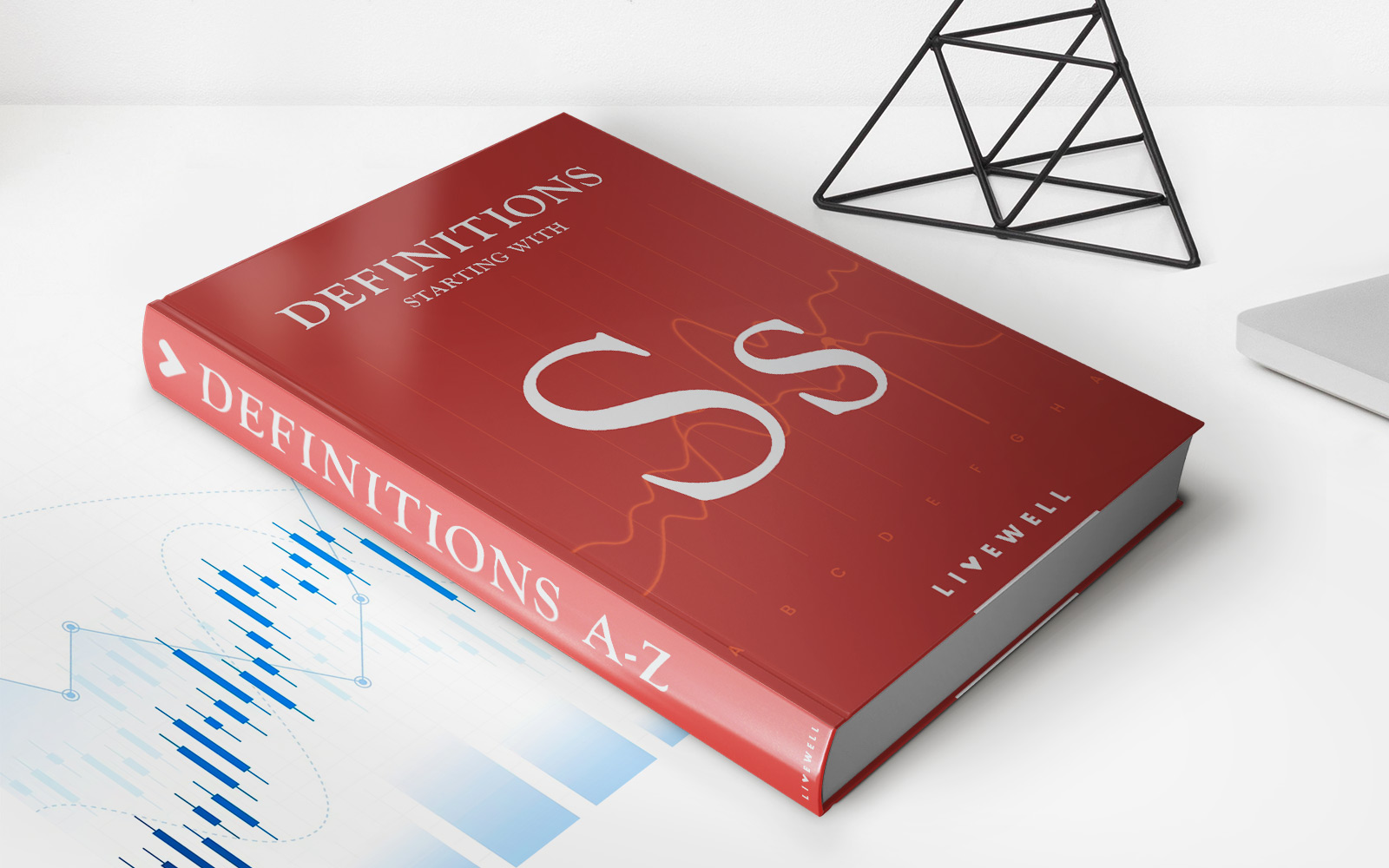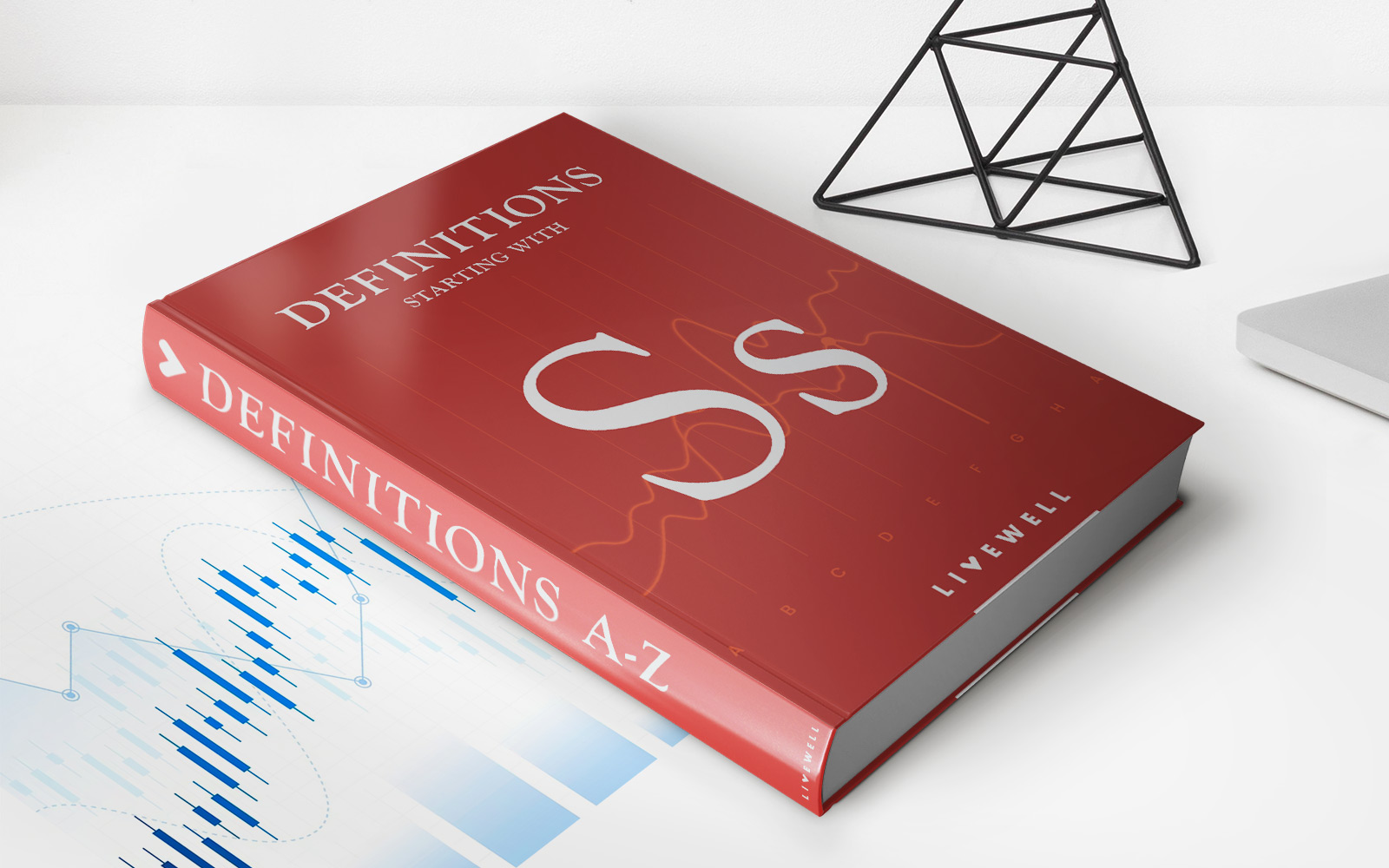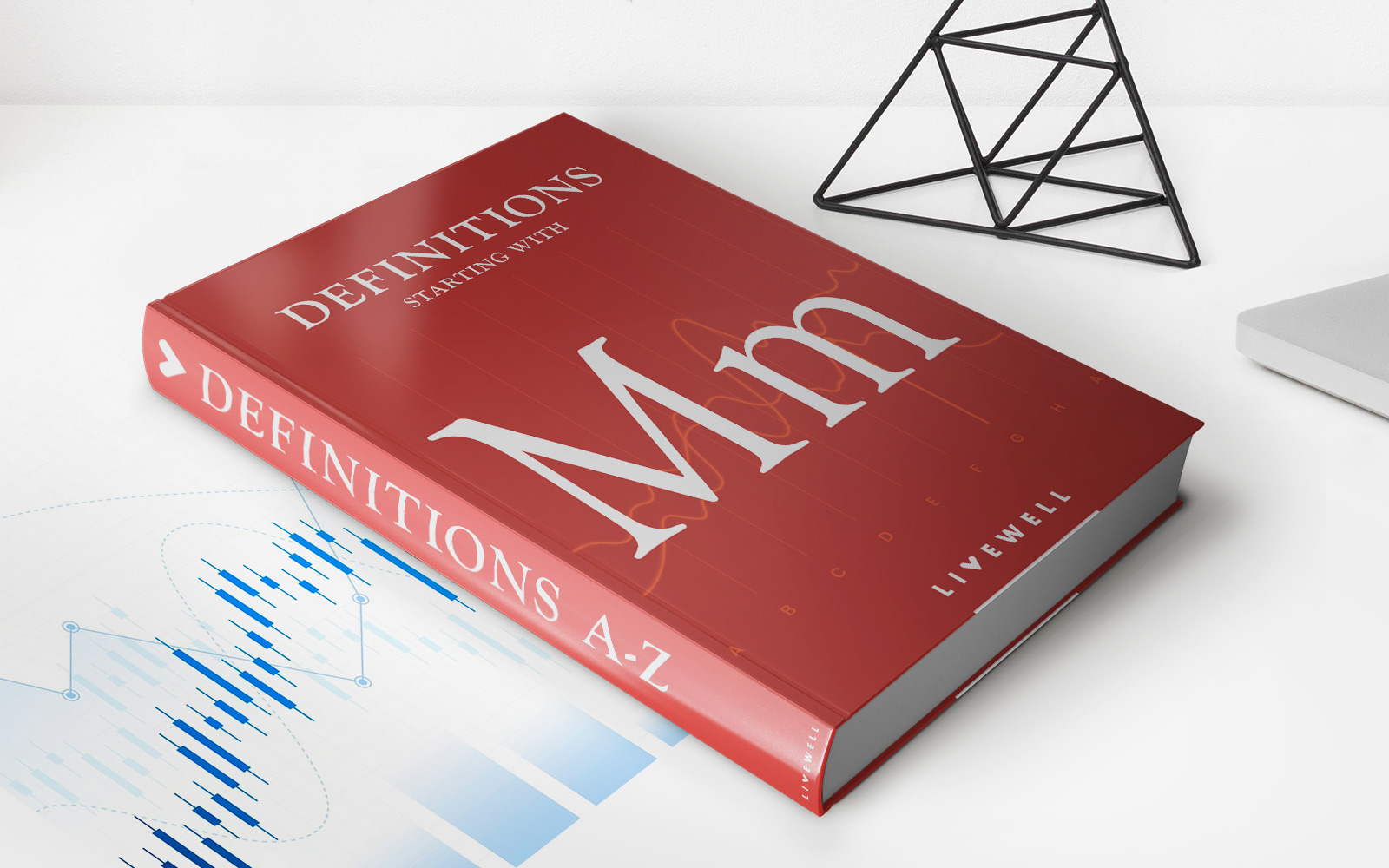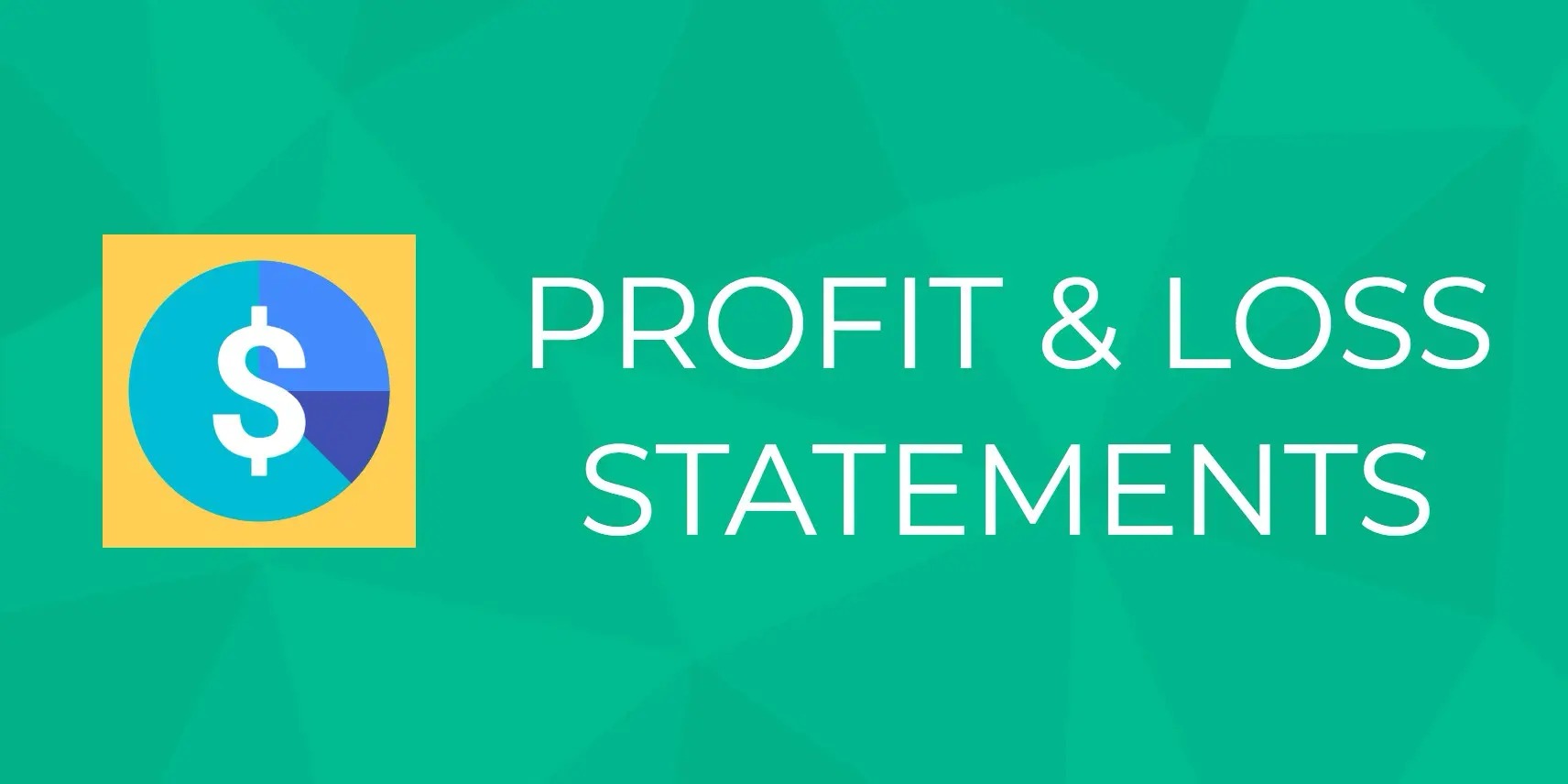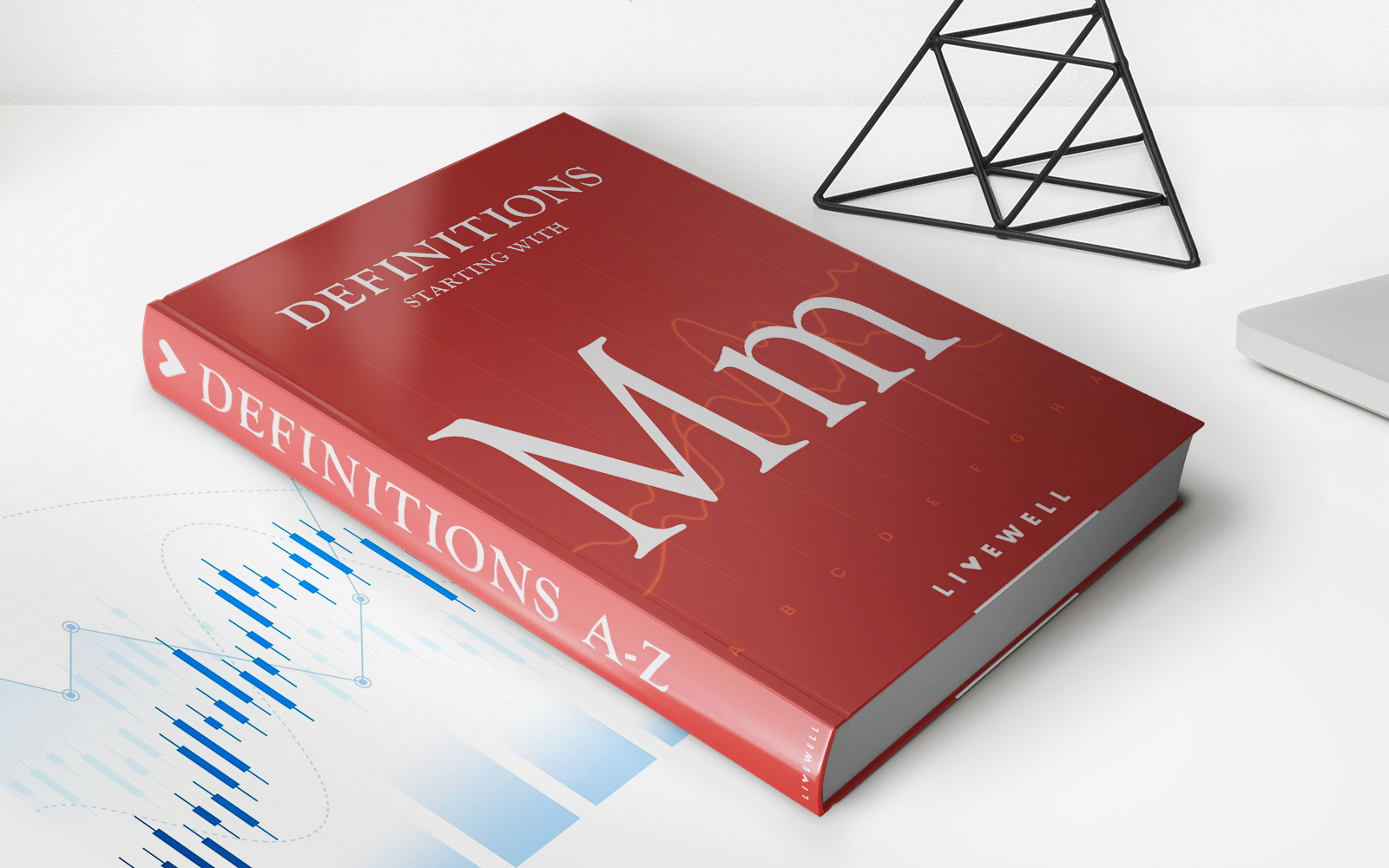

Finance
What Is IRS Cp14?
Modified: February 21, 2024
Learn everything you need to know about IRS Cp14 notices and their implications for your finances. Take control of your financial situation with our expert guidance.
(Many of the links in this article redirect to a specific reviewed product. Your purchase of these products through affiliate links helps to generate commission for LiveWell, at no extra cost. Learn more)
Table of Contents
Introduction
Welcome to the world of personal finance! Understanding your financial situation and obligations is crucial for maintaining financial health and avoiding any potential surprises down the road. One of the important aspects of managing your finances is having a basic understanding of the Internal Revenue Service (IRS) and the notices they send out. In particular, one notice that you may come across is the IRS CP14 notice.
In this article, we will break down the IRS CP14 notice, what it means, and common reasons for receiving it. We will also provide guidance on how to respond to the notice and discuss the various payment options available. So, let’s dive in and demystify the IRS CP14 notice.
When the IRS sends you a notice, it’s essential to take it seriously and address it promptly. Ignoring an IRS notice can lead to additional penalties, interest accrual, or even more serious consequences. The CP14 notice specifically is issued by the IRS to inform you of a balance due on your tax return. It typically includes information about the amount owed, any penalties or interest, and the payment options available to you.
The CP14 notice is commonly initiated when the IRS identifies a discrepancy or error on your tax return, resulting in an underpayment of taxes. It is important to note that receiving a CP14 notice does not necessarily imply that you intentionally underpaid or committed tax fraud. It could be a result of a miscalculation, missing information, or a simple oversight.
Next, let’s explore in more detail what an IRS CP14 notice means and what you should do if you receive one.
Understanding IRS CP14 Notices
When you receive an IRS CP14 notice, it means that the IRS has determined that you owe taxes based on the information provided on your tax return. The notice is typically sent after the IRS has reviewed your return and identified an underpayment, either due to errors, miscalculations, or missing information.
The CP14 notice serves as an official notification from the IRS, outlining the amount of taxes owed, any penalties or interest that have been applied, and the due date for payment. It is important to carefully review the notice and ensure that the information provided is accurate and matches your records.
The notice will typically contain the following key details:
- Amount Owed: The CP14 notice will clearly state the amount of taxes that you owe to the IRS. This includes the principal tax amount, any penalties for late payment, and interest that has accrued on the outstanding balance.
- Due Date: The notice will specify the deadline by which you are required to pay the outstanding amount. It is important to adhere to this deadline to avoid further penalties or enforcement actions by the IRS.
- Payment Options: The CP14 notice will provide information on the various payment options available to you. This can include online payment options, electronic funds transfer, mailing a check or money order, or setting up a payment plan, among others.
- Explanation of Charges: In some cases, the notice may provide a breakdown of how the taxes, penalties, and interest have been calculated. This can help you understand the specific charges and how they contribute to the total amount owed.
It is essential to carefully review the CP14 notice and ensure that all the information provided is accurate. If you believe there has been an error or discrepancy, it is important to take action and address the issue with the IRS. Ignoring the notice or failing to respond can lead to further consequences, including increased penalties, interest, and potential legal action.
Now that we understand what an IRS CP14 notice entails, let’s explore some common reasons for receiving one in the next section.
What Does an IRS CP14 Notice Mean?
Receiving an IRS CP14 notice means that the IRS has determined that you have an outstanding balance on your tax return, which needs to be paid promptly. The notice indicates that there was an underpayment on your taxes based on the information provided on your return. It is important to understand what the CP14 notice means and the potential implications.
Here are a few key points to keep in mind:
- Balance Due: The CP14 notice will clearly state the amount of money that you owe to the IRS. This includes the principal tax amount, any penalties assessed for late payment, and interest that has accrued on the unpaid balance.
- Underpayment Identification: The notice will outline the specific tax year or period for which the underpayment has been identified. It is important to cross-reference this with your tax records and verify the accuracy of the IRS’s calculations.
- Penalties and Interest: If you have not paid your taxes in full by the due date, the IRS may assess penalties and interest on the balance owed. The notice will provide details regarding any penalties that have been applied and the amount of interest that has accrued.
- Payment Due Date: The CP14 notice will state the deadline by which the outstanding amount needs to be paid. It is crucial to adhere to this due date to avoid further penalties and potential collection actions by the IRS.
- Payment Options: The notice will provide information on the various payment options available to you. These can include online payment portals, electronic fund transfers, mailing a check or money order, or setting up a payment plan with the IRS.
Receiving an IRS CP14 notice does not automatically imply that you have committed tax fraud or deliberately evaded your tax obligations. It is possible that an underpayment resulted from miscalculations, errors, or missing information on your tax return.
It’s important to carefully review the CP14 notice and ensure that all the information provided is accurate. If you believe there has been an error or discrepancy, it is advisable to contact the IRS and address the issue promptly. Ignoring the notice or failing to take appropriate action can lead to additional penalties, interest, and potential legal consequences.
Now that we understand what an IRS CP14 notice means, let’s explore some common reasons for receiving one in the next section.
Common Reasons for Receiving IRS CP14 Notices
Receiving an IRS CP14 notice can be a source of concern and confusion, especially if you are unsure about the reasons behind it. There are several common reasons why individuals receive CP14 notices. Understanding these reasons can help you identify potential issues and take appropriate actions to resolve them. Here are some common reasons for receiving an IRS CP14 notice:
- Underreported Income: One of the primary reasons for receiving a CP14 notice is underreported income. This can occur if you failed to report all your income, including wages, self-employment income, rental income, or investment income. The IRS cross-checks the information reported on your tax return with information from employers, financial institutions, and other sources to identify any discrepancies.
- Mathematical Errors: Another common reason for receiving a CP14 notice is mathematical errors or miscalculations on your tax return. This can include simple calculation errors or entering incorrect figures on your tax forms.
- Deduction or Credit Errors: If you claimed deductions or credits on your tax return that you were not eligible for, or if you made errors in calculating these deductions or credits, it can trigger an IRS CP14 notice. Examples include claiming improper deductions, failing to meet the criteria for certain credits, or miscalculating the amount of the deduction or credit.
- Missing Forms or Schedules: Failing to attach necessary forms or schedules to your tax return can result in receiving a CP14 notice. Certain tax situations require additional forms or schedules to be included with your return, such as Schedule C for reporting self-employment income or Form 8862 for claiming the Earned Income Tax Credit.
- Late or Non-Payment: If you failed to make the full payment of taxes owed by the due date, or if you did not request an extension to file your return, it can lead to the issuance of a CP14 notice.
It is essential to carefully review your tax return and ensure that all information reported is accurate. Double-checking your figures, verifying your deductions and credits, and ensuring that you have attached all required forms can help minimize the chances of receiving a CP14 notice.
If you do receive a CP14 notice, it is crucial to take it seriously and address the issue promptly. Review the notice thoroughly, compare it with your records, and if you believe there has been an error, reach out to the IRS to resolve the matter.
Now that we understand some common reasons for receiving a CP14 notice, let’s discuss how to respond and handle the notice in the next section.
How to Respond to an IRS CP14 Notice
Receiving an IRS CP14 notice can be unsettling, but it’s important to respond promptly and take appropriate actions to address the outstanding balance. Here are the steps to follow when responding to an IRS CP14 notice:
- Review the Notice: Carefully read through the CP14 notice, ensuring that you understand the details of the balance due, penalties, interest, and payment due date.
- Verify Accuracy: Compare the information provided in the notice with your tax records. Check for any discrepancies or errors that may have led to the balance due. If you believe there is an error, gather any supporting documentation to substantiate your claim.
- Contact the IRS: If you believe there is an error or have questions about the CP14 notice, contact the IRS using the phone number provided on the notice. Be prepared to provide your taxpayer identification number and have a copy of your tax return available for reference during the call.
- Payment Options: Evaluate the various payment options provided in the CP14 notice. The IRS offers several options, such as online payment portals, electronic fund transfers, mailing a check or money order, or setting up a payment plan. Choose the payment method that best suits your financial situation.
- Pay the Balance Due: Make the payment by the due date specified in the notice. Prompt payment can help minimize additional penalties and interest accrual. If you are unable to pay the full amount, consider exploring the installment agreement or other payment plan options with the IRS.
- Keep Documentation: Retain copies of the CP14 notice, any correspondence with the IRS, and proof of payment. These documents will serve as a record of your efforts to address the notice and can be useful for future reference if needed.
It’s crucial to respond to the CP14 notice promptly and take the necessary steps to resolve the outstanding balance. Failure to address the notice can result in increased penalties, interest, and potential collection actions by the IRS.
If you anticipate difficulties in paying the balance due in full and don’t qualify for a payment plan, you may consider seeking professional advice from a tax professional or a certified public accountant (CPA). They can provide guidance on your specific situation and help you navigate the process.
Now that we’ve covered how to respond to an IRS CP14 notice, let’s explore the various payment options available in the next section.
Options for Payment
When you receive an IRS CP14 notice indicating an outstanding balance, you have several options for making the payment. The IRS offers various methods to ensure you can fulfill your tax obligations. Here are the payment options available:
- Online Payment: The IRS provides an online payment portal where you can securely make your payment using a debit or credit card, or through a direct bank transfer. This option offers convenience and immediate payment verification.
- Electronic Funds Transfer: If you prefer to make a direct transfer from your bank account, you can choose the Electronic Federal Tax Payment System (EFTPS). This allows you to schedule and initiate the payment directly through your bank.
- Mailing a Check or Money Order: You can opt to mail a check or money order payable to the “United States Treasury” to the address provided on the CP14 notice. Make sure to include your name, address, and taxpayer identification number on the payment to ensure proper allocation.
- Payment Plan: If you are unable to pay the full balance due by the due date, the IRS offers the option to set up a payment plan, also known as an installment agreement. This allows you to make monthly payments over an extended period. You may be required to submit a financial statement to determine the monthly payment amount.
- Credit Card Payment: Although it’s not recommended due to high processing fees, you can choose to pay your tax bill using a credit card. Keep in mind that credit card payments may incur additional charges, and interest rates on credit cards may be higher than the IRS interest rate.
- Offer in Compromise: In certain situations, you may qualify for an Offer in Compromise, which is a settlement agreement with the IRS to pay a reduced amount to satisfy your tax debt. This option is typically available if you can demonstrate financial hardship or doubt regarding your ability to pay the full balance.
When choosing a payment option, consider your financial situation, any associated fees or interest, and the convenience of the method. It’s crucial to make the payment by the due date specified in the CP14 notice to avoid additional penalties and interest.
If you have difficulties making payment arrangements or have questions about the available options, consider reaching out to the IRS directly for assistance. Additionally, consulting with a tax professional or CPA can provide valuable guidance tailored to your specific circumstances.
Now that we’ve explored the various payment options, let’s address some frequently asked questions about IRS CP14 notices in the next section.
IRS CP14 Notice FAQs
Receiving an IRS CP14 notice can raise many questions and concerns. Here are some frequently asked questions regarding the CP14 notice:
- 1. What should I do if I receive an IRS CP14 notice?
- 2. What if I think there is an error in the CP14 notice?
- 3. What happens if I don’t respond to a CP14 notice?
- 4. Can I negotiate the amount owed with the IRS?
- 5. What if I can’t afford to pay the full amount by the due date?
- 6. Can I set up a payment plan directly online?
- 7. What happens if I miss the payment due date?
- 8. Can I dispute the penalties or interest assessed in the CP14 notice?
If you receive a CP14 notice, it is essential to review it carefully, verify the information, and take appropriate action. Paying the balance due or contacting the IRS to address any discrepancies or concerns is crucial.
If you believe there is an error in the CP14 notice, gather any supporting documents that prove your claim. Contact the IRS using the phone number provided on the notice to discuss the issue and provide the necessary documentation to support your case.
Ignoring a CP14 notice can lead to further consequences, including increased penalties, interest, and potential collection actions by the IRS. It’s crucial to respond promptly and take appropriate action to address the outstanding balance.
In certain circumstances, you may be eligible to negotiate the amount owed through an Offer in Compromise. This option allows you to propose a reduced amount to settle your tax debt. Consult with a tax professional or CPA to determine if this is a viable option for your situation.
If you are unable to pay the full amount by the due date, you can explore payment plan options with the IRS. This allows you to make monthly payments over an extended period. Additionally, you may consider consulting a tax professional for guidance on managing your tax obligations.
Yes, the IRS offers an online payment agreement tool, which allows you to set up a payment plan directly through their website. This convenient option provides step-by-step guidance for establishing an installment agreement based on your financial situation.
If you miss the payment due date specified in the CP14 notice, the IRS may impose additional penalties and interest on the outstanding balance. It is important to make the payment as soon as possible to mitigate these additional charges.
If you believe that the penalties or interest assessed in the CP14 notice are incorrect, you can contact the IRS and provide supporting documentation to support your claim. It is crucial to address any discrepancies or concerns promptly with the IRS.
These are just a few common questions that individuals have regarding IRS CP14 notices. If you have specific concerns or questions related to your situation, it is always advisable to reach out to the IRS directly or consult with a tax professional who can provide personalized guidance based on your circumstances.
Now that we’ve addressed some common FAQs, let’s conclude our discussion on IRS CP14 notices.
Conclusion
Understanding and addressing an IRS CP14 notice is a crucial step in managing your personal finances responsibly. Receiving a CP14 notice does not necessarily mean you have committed tax fraud; it is often a result of errors or miscalculations on your tax return. By following the appropriate steps, you can effectively respond to the notice and resolve any outstanding tax obligations.
In this article, we explored the meaning of an IRS CP14 notice and the key details it contains. We discussed common reasons for receiving a CP14 notice, such as underreported income, mathematical errors, deduction or credit mistakes, and late or non-payment. It is important to review the notice carefully, verify the accuracy of the details, and take appropriate action if you believe there is an error.
We also discussed how to respond to a CP14 notice, including contacting the IRS, exploring payment options, and making the payment by the specified due date. We highlighted various payment methods available, such as online payments, electronic fund transfers, mailing checks or money orders, setting up payment plans, and considering options like Offer in Compromise in certain situations.
Furthermore, we addressed frequently asked questions regarding CP14 notices, providing clarity on what to do if you receive one, how to address errors or discrepancies, consequences of not responding, negotiation options, and more.
Remember, timely action and open communication with the IRS are crucial when dealing with a CP14 notice. Ignoring the notice or failing to resolve the outstanding balance can lead to further penalties, interest accrual, and potential collection actions by the IRS.
If you need assistance or have specific questions related to your situation, it is always recommended to reach out to the IRS directly or consult with a tax professional who can provide expert guidance tailored to your needs.
By understanding and proactively addressing an IRS CP14 notice, you can effectively manage your tax obligations and ensure your financial well-being.
